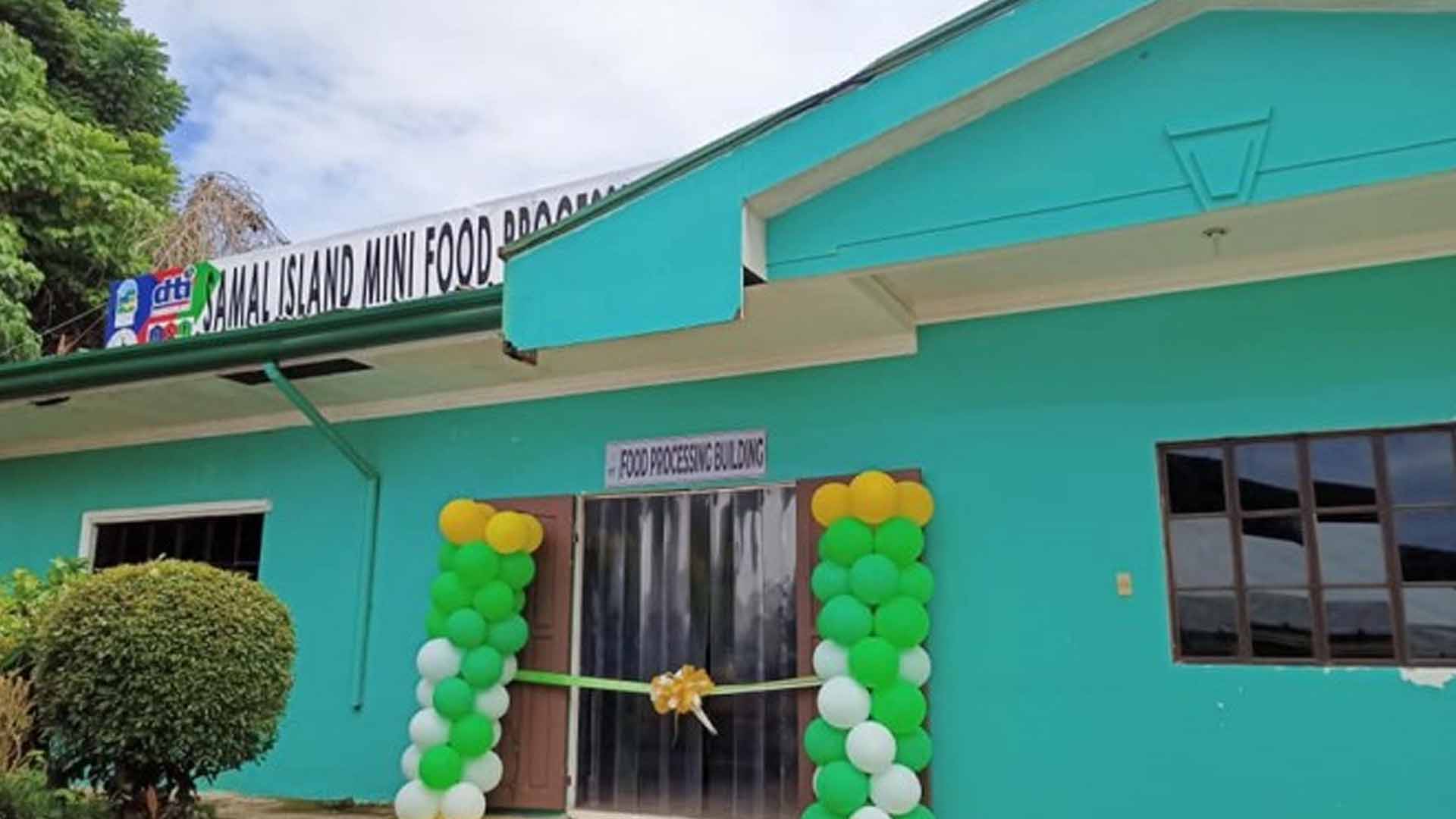The Shared Service Facilities (SSFs) project of the Department of Trade and Industry (DTI) is believed by Senator Sonny Angara to have provided significant contributions to the development of micro, small, and medium enterprises (MSMEs) since its inception and as such should be expanded and institutionalized to benefit even more entrepreneurs.
In a statement on Friday, Angara said the SSFs were introduced by the DTI to provide MSMEs around the country with the machinery, equipment and tools that they need, under a shared system, to boost their productivity and encourage innovation.
“Sa sampung taon na pinapatakbo ng DTI ang SSFs project, napakadami na ang natulungan nito at napakalaki ang ambag sa kapakanan sa ating lipunan. Makikita natin ito sa libo-libong mga maliliit na negosyo na lumakas ang produksyon at kita sa tulong ng mga (In 10 years that DTI have immplemented SSFs project, a lot have been helped and it has a big contribution to the welfare of the society. We can see this in thousands of small businesses that have boosted its production and income with the help of) SSFs,” Angara said.
Before the Senate adjourn its regular session on Wednesday, Angara delivered his sponsorship speech for Senate Bill No. (SBN) 761 which seeks to institutionalize the DTI’s SSFs program citing the many success stories that have been recorded since the program was first introduced in 2013.
He said, a total of PHP4.3 billion has been allocated in the General Appropriations Act over the past 10 years for the SSF program of the DTI.
Latest data from the DTI shows that 3,484 SSFs have been established across the country, benefitting 580,000 individuals and creating over 317,000 new jobs.
“Marami sa kababayan natin, taglay ang galing, talino, diskarte, pagkamalikhain at lakas ng loob para magtayo ng sarili nilang negosyo, kumita ng malaki, at umasenso sa buhay. Ang problema madalas, wala silang materyales, kagamitan, at kasangkapan para makabuo ng mga produkto o maghain ng serbisyo na pwede nilang pagkakitahan, ibenta sa merkado o i-export sa ibang bansa. Ito ang nais punan ng SSFs ng DTI (Many of our people have the mastery, strategy, creativity, and guts to put up their own businesses, earn big, and improve their lives. The problem is that somtimes, they do not have the needed materials, equipment, and facilities to create a product or provide services which they can earn from, sell in the market, or export abroad. This is what SSFs of DTI aims to address),” Angara explained.
SBN 761 amends Section 15 of Republic Act No. 6977 or the Magna Carta for MSMEs to include the institutionalization of SSFs program of the DTI and the establishment of more SSF-Fabrication Labs (SSF-Fab Labs) which will house new technologies such as computer-aided machines, 3D printers, laser cutters, Computer Numerical Control (CNC) milling machines, CNC routers and computers for the use of MSMEs to develop new products or innovations to existing products before these are introduced to the market.
With the SSF Fab Labs, entrepreneurs can test new products and ideas and develop these until they become market-ready.
Through the SSFs, MSMEs, such as those that manufacture food products, are able to come up with better packaging and labelling to make them more attractive to the market.
They are also able to improve their rate of production, which allow them to fulfill their orders on time. (PNA)





















